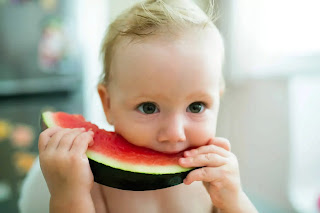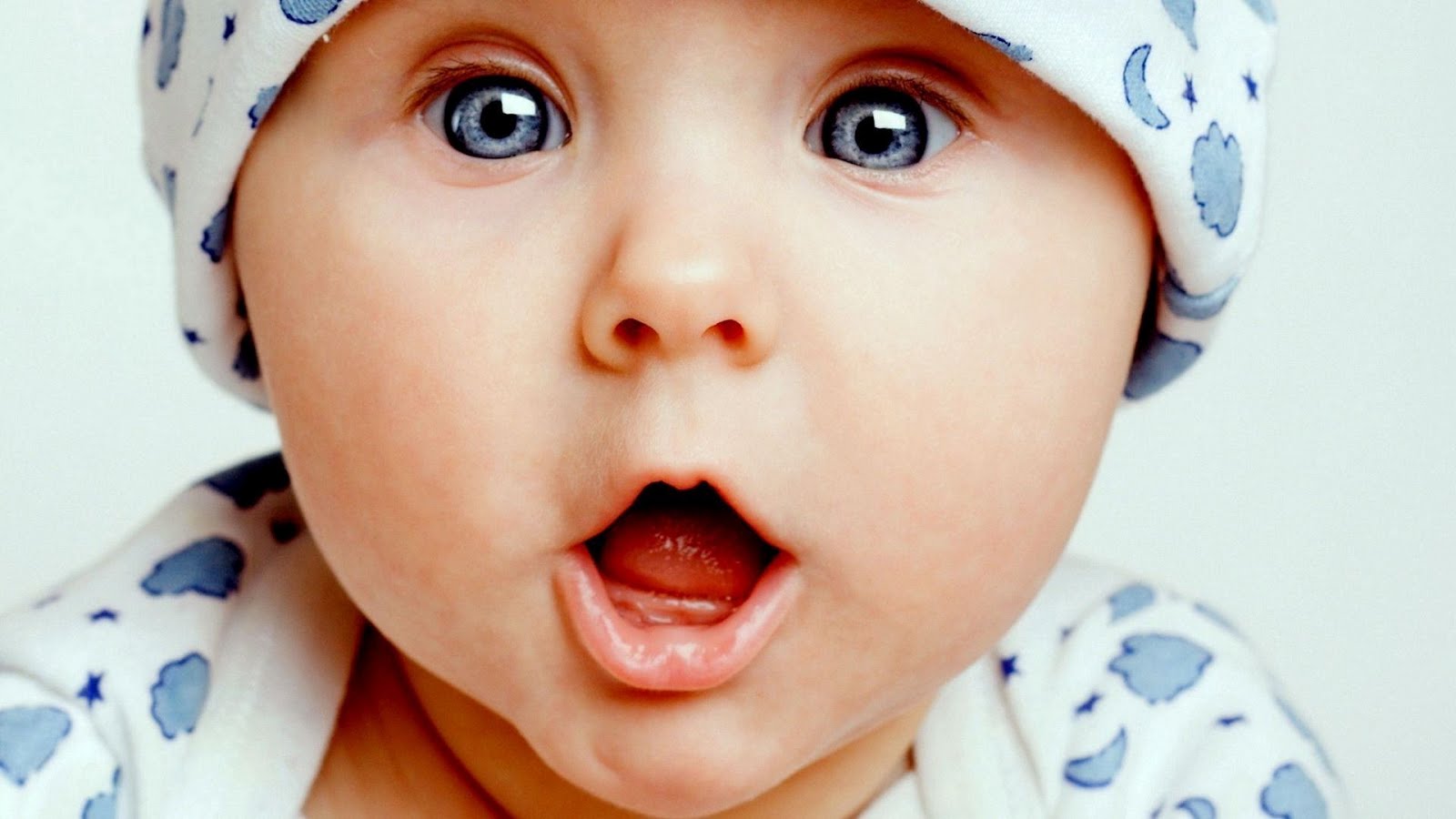Parents of young children often forget to take care of baby teeth. They are so busy with the baby, they don't realize that baby's first set of teeth can affect their child's future dental health and how much it will cost them in the long run! It is crucial for parents to focus on taking care of baby teeth as soon as possible.
I'm often asked, "are baby teeth really that important?"
This question might seem like a simple one to answer and many people will say "No." But the truth is baby teeth have an impact on children's development in life and should not be taken for granted.
Children need healthy baby teeth so their long-term oral health can develop well too. Here are six reasons why your child's baby teeth should matter more than you think!
What Role Do Baby Teeth Play?
Baby teeth play a key role in your baby's development. They help children learn how to speak and even eat properly! That is why it is important for parents to take care of baby teeth as soon as possible, so that the baby can reap all the benefits they offer.
Unbeknownst to most parents baby teeth are not just a painful foundational event in their child's life. They are actually more important than you think.
Baby teeth are essential for your baby to be able to chew and break food down into small pieces so that they can swallow properly. They also help children learn how to speak in the process of chewing, especially when it comes time for baby's first words!
Do baby teeth affect the health of permanent teeth?
Absolutely! In fact as dentists we can quite accurately predict a child's dental health and outlook in adulthood by looking at their baby teeth. Having teeth that a baby can chew with is important because they are forming these shapes and patterns that will carry on into adulthood.
Having healthy baby teeth means a child's long-term dental health is much more likely to be healthy if their baby teeth aren't decaying or don't have any other issues.
Alignment and position of adult teeth...
...are all determined by baby teeth - it's the baby teeth that lay down foundations for what will happen in adulthood.
Consider this: your child may have a good number of baby teeth missing even before they get their adult set! This is because baby life changes so quickly, and children are continually shedding baby teeth to make room for new ones as they grow.
Poor oral health as a baby affects more than just how healthy someone looks; it can also affect a person's quality of life and sense of well-being.
Proper health and nutrition
I often see parents complaining about a child being a "bad eater" or a "fussy eater". The truth is that these issues are often caused by baby teeth that are impacted and misshapen or baby teeth with decay, as well as digestive issues from not being able to chew properly.
Between the ages of about six months to three years, a baby's first set of teeth will start coming in - this is a time when parents can influence their children's oral health. But if there is poor diet and no brushing because there aren't any baby teeth yet for chewing food, then these early foundations may be weaker than necessary.
Bad eating habits during those times may also have an impact on long term dental care options such as extractions and braces - all of which make parents anxious and stressed because they result in pain for the child and and added expense for the parent.
In later life, impacted tooth enamel could also lead to high blood pressure and kidney problems.
Baby teeth affect speech development
If baby teeth are missing or malformed, then a child's articulation could be impaired because they cannot pronounce certain sounds correctly during speech therapy.
Unfortunately, parents of children with speech difficulties rarely pay enough attention to their child's dental health as a contributing factor.
But studies have shown that baby teeth affect speech development and children who have baby teeth that are missing or malformed can suffer from difficulties in articulating certain sounds.
Concentration and self-esteem
Have you ever seen an adult hide their smile by putting their hand in front of their face? Children are no different. They are also conscious of their shape of their teeth, maybe even more so than adults.
Baby teeth affect children at different stages in their development than adults because kids tend to be more conscious about how their teeth look; this may lead to emotional insecurity as well as social anxiety issues.
This also isn't just a question of looks or aesthetics. Crooked baby teeth may cause jaw pain that could persist for life, resulting in debilitating headaches and migraines, locked jaws, stiff necks and even back pain.
It's not hard to imagine that a child who is constantly trying to hide a crooked smile will not brimming with self-esteem and as a result their concentration at school or other extra-curricular activities may also suffer.
Baby teeth affect the development of facial bones and muscles
Because they have a big impact on the baby's tongue, palate, jaw and even breathing.
The good news is that the younger a child is when their malformed baby teeth are removed or filled with dental sealant, the more likely it will be that all of these systems start to develop normally.
Crooked baby teeth can cause long term physical problems like pain in muscles and joints which might result in many of the ailments I've described above.
What happens when baby tooth decay becomes an issue?
In many cases, the baby tooth may need to be removed in order for permanent teeth to grow in properly, which isn't always easy!
Sometimes children under the age of five also need surgery due to tooth decay too since it often affects multiple areas of their mouth at once.
We do our best here at Heidelberg Dentist so parents know what's happening with their kids' mouths as well as how to look after them at home.
How should I look after my child's baby teeth?
There are a few simple steps that parents can take to ensure baby teeth stay healthy, such as:
- Ensuring your child brushes their baby teeth twice daily.
- Checking for signs of tooth decay and treating it quickly if there is any concern.
- Never dipping baby pacifiers in sugar or honey since this increases the risk of tooth decay.
We also recommend seeing our dentist at Heidelberg Dentist regularly so we can monitor progress and catch anything before it starts!
We want you to be confident that your baby's mouth will remain strong and bright throughout life – contact us today with any questions or concerns about caring for your child's baby teeth.

























